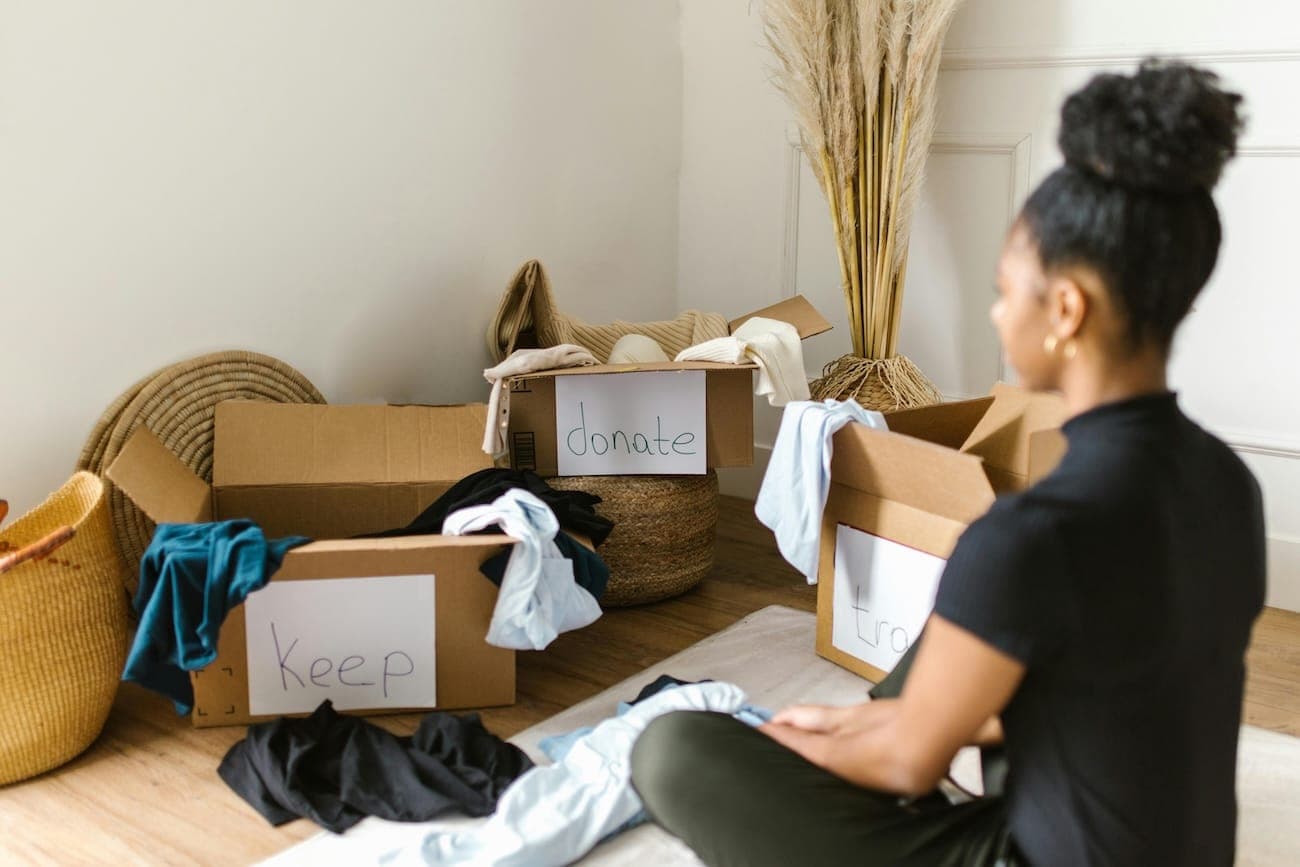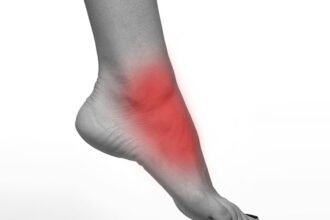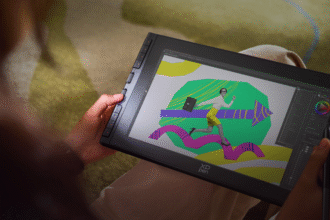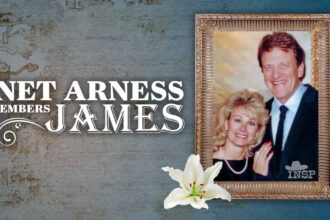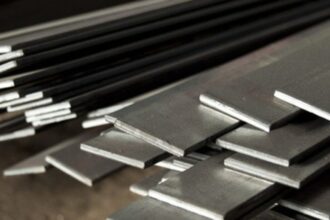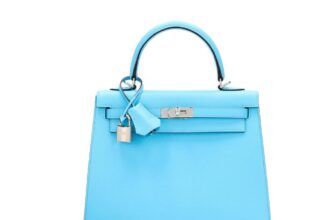This article explores the power of decluttering, the hidden costs of holding onto things we don’t need, and the transformational value of proper junk removal.
Why We Hold On to Stuff
Before understanding how to remove junk, it’s essential to understand why we accumulate it in the first place. Often, it’s not laziness, but psychology.
Emotional Attachment
Many of us keep items because they remind us of a specific time, person, or place. Sentimentality creates emotional weight, making it hard to part with things—even if we no longer use them.
“Just in Case” Thinking
We often save items for hypothetical future scenarios: extra cables, old furniture, expired coupons. The belief that something might be useful “someday” is a powerful motivator for keeping clutter.
Decision Fatigue
Sorting through belongings requires decision-making. For people with busy lives or mental fatigue, it’s easier to let things pile up than to face those choices head-on.
Understanding these drivers helps us tackle clutter from a place of compassion and awareness, rather than guilt or frustration.
The Real Cost of Clutter
Clutter costs us more than just space. The longer it goes unaddressed, the more it impacts various areas of our lives.
Mental Clarity
A messy environment competes for our attention. Numerous studies have shown that visual clutter increases cognitive overload and decreases our ability to focus. Simply put, a clean space promotes a clear mind.
Physical Health
Stacks of paper, old clothes, and forgotten food items can attract pests, collect dust, and harbor mold. For people with allergies or asthma, cluttered spaces can become dangerous.
Financial Impact
Duplicate purchases happen often when we can’t find what we already own. Clutter also hides valuable items—tools, tech, or collectibles—that could be sold or reused if discovered.
Safety Risks
Tripping hazards, fire hazards, and blocked exits all pose serious risks. Even items that fall from shelves or unstable stacks can cause injury.
Clutter is not just inconvenient—it can be costly, dangerous, and emotionally draining.
Decluttering vs. Organizing
It’s a common mistake to confuse organizing with decluttering. Organizing means finding a place for everything. Decluttering means deciding whether you need something in the first place.
An organized space full of unnecessary items still weighs you down. True freedom comes when you eliminate what you don’t need—then organize what remains.
Ask Yourself:
- Do I use this regularly?
- Does it serve a purpose?
- Would I buy it again today?
- Is it taking more than it’s giving?
These questions help clarify what truly deserves a place in your life and what doesn’t.
Step-by-Step Decluttering Process
Here’s a proven method to declutter your space intentionally and efficiently:
1. Set Clear Goals
Decide what you want to achieve: more space, less stress, preparation for a move, or just a cleaner living area.
2. Choose a Focus Area
Don’t try to tackle your whole house at once. Start small—a single drawer, shelf, or room.
3. Sort Everything
Use four categories:
- Keep
- Donate/Sell
- Recycle
- Trash
Be honest and decisive. If you haven’t used it in a year, it likely doesn’t belong.
4. Remove Items Immediately
Don’t let donation boxes or trash bags sit for weeks. Schedule a pickup, make a drop-off, or contact a junk removal service to take everything away right after sorting.
The Environmental Impact
Clutter doesn’t just affect us—it affects the planet. When we discard things without care, we contribute to landfill overflow, toxic waste, and wasted resources.
Eco-friendly junk disposal includes:
- Recycling electronics and metals
- Donating usable clothes, furniture, and tools
- Composting biodegradable waste
- Avoiding illegal dumping or improper disposal
Many professional junk removal providers prioritize sustainable disposal, often partnering with recycling centers, donation programs, and eco-waste facilities to minimize environmental impact.
Minimalism and Mindful Living
Decluttering is more than just tidying up—it’s a lifestyle choice. Minimalism isn’t about owning nothing; it’s about owning with intention. When you reduce clutter, you make room for what truly matters—whether that’s creativity, family, rest, or growth.
Benefits of minimalist living include:
- Less cleaning and maintenance
- More time and freedom
- Better financial habits
- A calmer, more peaceful environment
You don’t need to be a minimalist to benefit from its principles. Even small changes—like clearing a surface or reducing one category of possessions—can lead to big improvements in your daily life.
Digital Decluttering
Physical clutter isn’t the only kind. Our devices, inboxes, and desktops can also become overwhelming.
Take time to:
- Delete unused apps and duplicate files
- Unsubscribe from email newsletters you ignore
- Organize folders and cloud storage
- Empty your downloads and recycle bins
Digital junk affects mental load just like physical clutter. Clearing digital space often leads to increased productivity and reduced screen-time anxiety.
Knowing When to Get Help
While many people can manage small decluttering projects alone, large-scale cleanouts often require outside help.
Professional junk removal services are ideal for:
- Clearing storage units, garages, or basements
- Hauling away construction or renovation debris
- Managing estate cleanouts or hoarding situations
- Disposing of heavy or bulky items like appliances and furniture
These services handle logistics, lifting, and ethical disposal, saving you time, energy, and stress. Whether you’re prepping for a move or reclaiming your space, a reliable junk removal team can make a world of difference.
Preventing Future Buildup
Decluttering is not a one-time event—it’s a habit. Here’s how to keep junk from creeping back in:
- Apply the one-in, one-out rule: For every new item you bring in, remove one.
- Audit your belongings quarterly: Revisit areas that accumulate things quickly (like closets, mail piles, or kitchen drawers).
- Avoid impulse purchases: Delay non-essential buys for 24–48 hours.
- Establish a donation box: Keep it accessible so you can drop things in regularly.
Maintenance is easier than major cleanouts—stay ahead of clutter with simple routines.
Final Thoughts: Make Space for What Matters
In a culture that encourages accumulation, choosing to simplify is a bold and powerful act. Decluttering is about more than aesthetics—it’s about creating space for better living, deeper relationships, and greater peace of mind.
Whether you take it on as a DIY project or bring in professional help, committing to junk removal in Westhampton is an investment in your future. It’s a reminder that your space—like your time and energy—is valuable, and it should be filled only with what truly supports your life.
Start small. Be consistent. And remember: letting go isn’t losing—it’s gaining clarity, purpose, and freedom.


